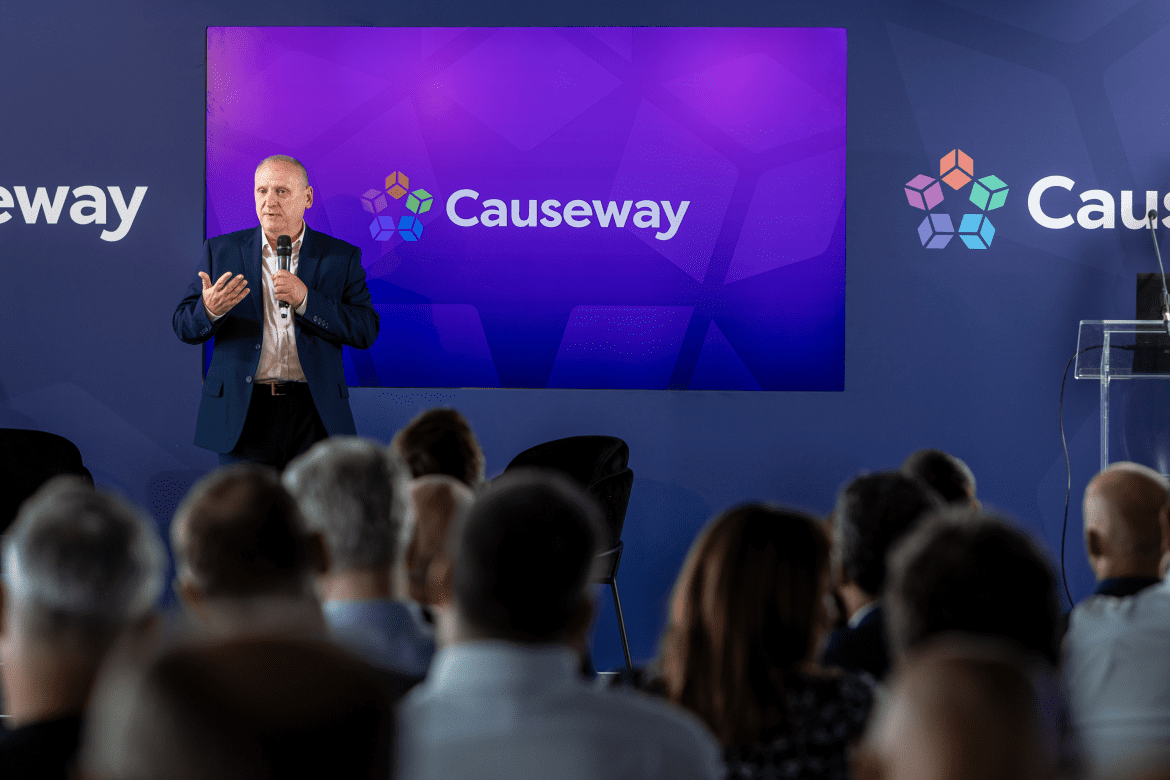This article was originally featured on ciobpeople.com.
Construction can draw valuable lessons from adjacent sectors such as rail and highways when it comes to workforce management
Organisations like Network Rail are increasingly investing in digital solutions to help address low productivity, labour shortages and workforce management issues – all of which are also common challenges in construction.
That’s why, like the rail sector, construction could benefit from a solution that manages workers across all business and project sites.
This approach would help firms to maximise productivity, meet operational, health and safety and compliance requirements, and ensure the right people with the right skills are exactly where they are needed.
Skills management
Construction project managers often face the challenge of managing a transient workforce, where many workers are not directly employed by main contractors and frequently move between projects.
This requires a holistic view of the workforce, including real-time data on qualifications, experience and locations, to make informed decisions about resource allocation and skill deployment.
Workers assigned to construction sites typically undergo site-specific training. However, it may not always be clear whether a worker has previously completed specific training on a site.
"It may not always be clear whether a worker has previously completed specific training on a site. This lack of information can lead to repetitive inductions and training, resulting in additional costs and delays"
Jack Boon, Causeway Technologies
This lack of information can lead to repetitive inductions and training, resulting in additional costs and delays.
Enhancing project visibility
Owing to the shortage of available talent in the construction industry, businesses are often choosing between recruiting new personnel or redeploying existing staff from other projects.
Workers on the rail network can bring their training records with them as they move around different sites across the UK, while project managers can utilise the talent that is available to them for their projects.
With a national database, depending on the level of urgency, workers can be selected based on their commuting distance to the project.
This makes it easier to access the right person with the right skills while preventing demotivation and disengagement among those who may otherwise face long commutes.
Health and safety management
Access to comprehensive worker data, including occupational health records and recent work hours, can help project managers monitor fatigue levels, and mental health issues and prevent accidents on site.
Mental health is a critical issue in the construction industry. Results from Causeway’s mental health report showed that more than half (56%) of construction workers experience mental health problems, with 12% experiencing suicidal thoughts.
Integrating mental health support into health and safety protocols can save costs, retain talent and potentially save lives.
Companies already benefiting
Network Rail currently uses the Sentinel system – the world’s largest worker passport, covering the entire UK rail network with more than 120,000 users across 2,000 companies.
"Workers on the rail network can bring their training records with them as they move around different sites across the UK, while project managers can utilise the talent available to them for their projects"
Jack Boon, Causeway Technologies
It provides data access within the supply chain, enhancing staff safety and project efficiency by ensuring all workers are competent, medically fit and trained.
Kier Highways Solutions has been using the CausewayOne Skills Passport scheme since 2017. This initiative allows project managers to identify workers who have already completed onboarding or site-specific training, thereby reducing duplication and saving time.
Data from a recent Causeway and Lighthouse Advisory Partners report indicates that the scheme has saved approximately two million onboard admin hours per annum and resulted in a 20% reduction in training time, showcasing the efficiency and cost-saving benefits of this approach.
This vision of a connected ecosystem sets the foundations for a digital environment that takes people, operations and processes on a transformational yet pragmatic journey.
A journey where multiple efficiencies are achieved at each point of the project lifecycle, surfacing small but meaningful gains that help the sector recover from years of being on the brink.



